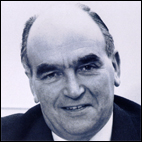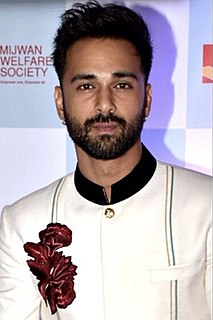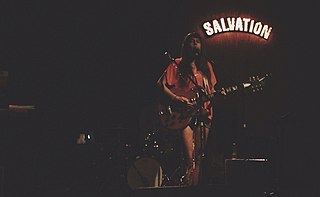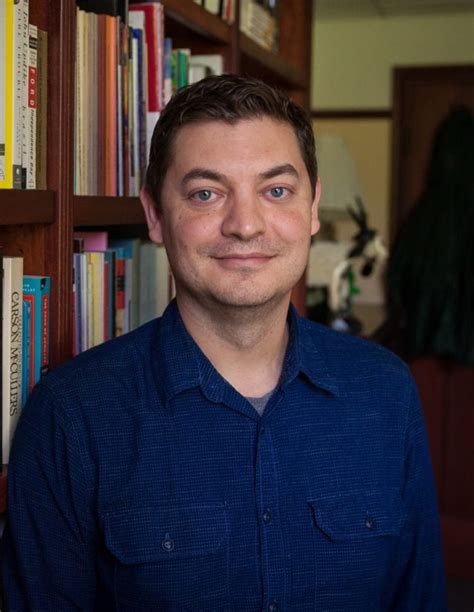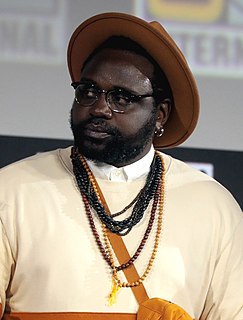A Quote by Jhumpa Lahiri
My parents came from Calcutta. They arrived in Cambridge, much like the parents in my novel. And I found myself sort of caught between the world of my parents and the world they had left behind and still clung to, and also the world that surrounded me at school and everywhere else, as soon as I set foot out the door.
Related Quotes
My parents both left school at 14, but my parents are incredibly smart, successful, thoughtful people. So one of the lessons I learned from my parents is that the fancy degree is just a foot in the door, and there are a lot of very smart people out there who don't necessarily have the fancy degrees. And given the opportunity, they can do amazing things.
When you’re young, your world is pretty limited. My parents, my family, my church dominated my world. And because Birmingham was so segregated, I didn’t really have to encounter the slings and arrows of racism on a daily basis. Obviously, from time to time I did, like when my parents took me to see Santa Claus and he wasn’t letting black children sit on his knee. But my parents tried to insulate me as much as they could.
My parents never referenced Ethiopia that much, largely because of the circumstances under which we left. We left during a time of political upheaval, and there was a lot of loss that came with that, so my parents were reluctant to talk about those things. So I had, by and large, an American childhood.
Adolescence is a time when children are supposed to move away from parents who are holding firm and protective behind them. When the parents disconnect, the children have no base to move away from or return to. They aren't ready to face the world alone. With divorce, adolescents feel abandoned, and they are outraged at that abandonment. They are angry at both parents for letting them down. Often they feel that their parents broke the rules and so now they can too.
Why one writes is a question I can answer easily, having so often asked it of myself. I believe one writes because one has to create a world in which one can live. I could not live in any of the worlds offered to me - the world of my parents, the world of war, the world of politics. I had to create a world of my own, like a climate, a country, an atmosphere in which I could breathe, reign, and recreate myself when destroyed by living. That, I believe, is the reason for every work of art.

